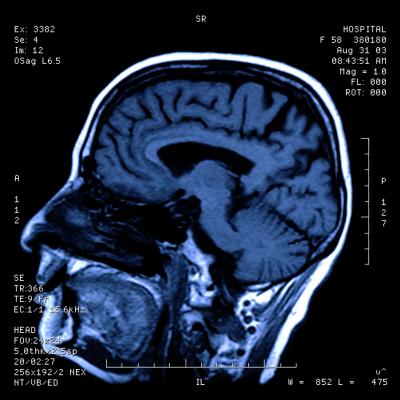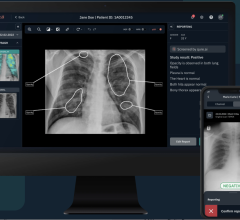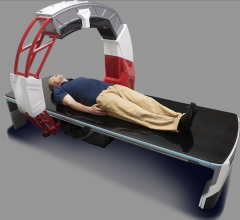
February 24, 2012 — A new imaging efficiency measure developed by the Centers for Medicare and Medicaid Services (CMS) to reduce computed tomography (CT) scans in emergency departments does not accurately determine which hospitals are performing CT scans inappropriately, according to a new study published online Annals of Emergency Medicine (“Assessment of Medicare's Imaging Efficiency Measure for Emergency Department Patients with Atraumatic Headache”).
"The measure, OP-15, was only 17 percent accurate in assessing which patients should receive a CT scan," said lead study author Jeremiah Schuur, M.D., FACEP, of the Department of Emergency Medicine at Brigham and Women's Hospital in Boston. "Furthermore, hospitals' performance on the new measure as reported by CMS did not match the proportion of CTs with a documented clinical indication. By using it, Medicare runs the risk of publicizing inaccurate information about clinical performance and rewarding hospitals based on unreliable data."
Schuur and colleagues at 21 hospitals reviewed medical records for 748 headache patients whom CMS labeled as having undergone an inappropriate brain CT. Of those patients, 83 percent should not have been labeled as inappropriate based on either ACEP clinical policy guidelines or expert consensus standards. The measure uses Medicare billing records to determine whether a CT was clinically appropriate. When the patients' medical records were reviewed, they showed that 65 percent of the CT scans actually complied with Medicare's measure and another 18 percent of patients had valid reasons for the CTs documented on their charts.
"It is important for physicians, hospitals and payers to develop systems to make sure that every CT that is performed is appropriate," said Schuur. "There are not evidence-based guidelines addressing which older adults with headaches can safely be evaluated without a CT."
CMS plans to publish the data from measure OP-15 on their internet site Hospital Compare.
"This could have the unintended consequence of pressuring physicians not to order otherwise-appropriate CT scans in order to bolster their hospitals' performance on the CMS measure," said David Seaberg, M.D., FACEP, president of the American College of Emergency Physicians. "This has potential to put seniors – who are the most likely to have dangerous causes of headaches – at risk if serious conditions are missed."
For more information: www.acep.org


 August 09, 2024
August 09, 2024 








